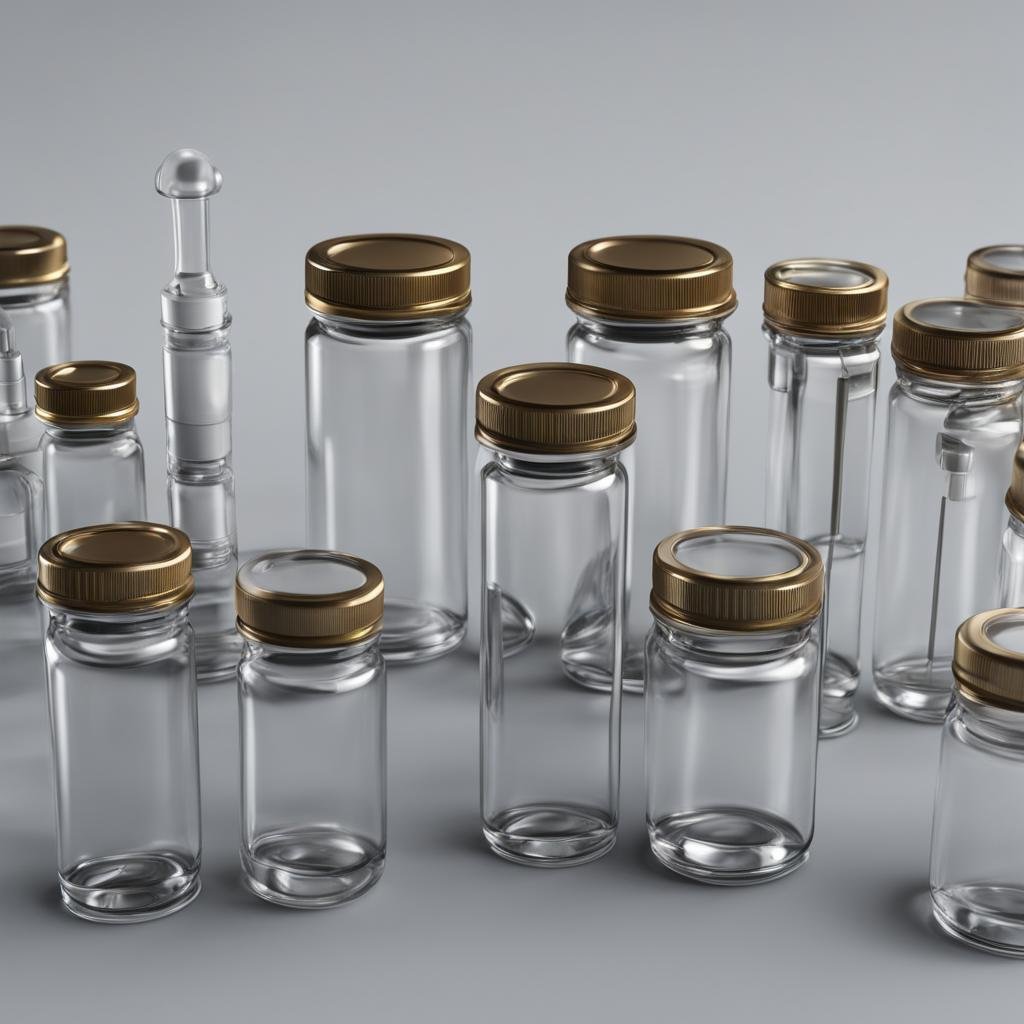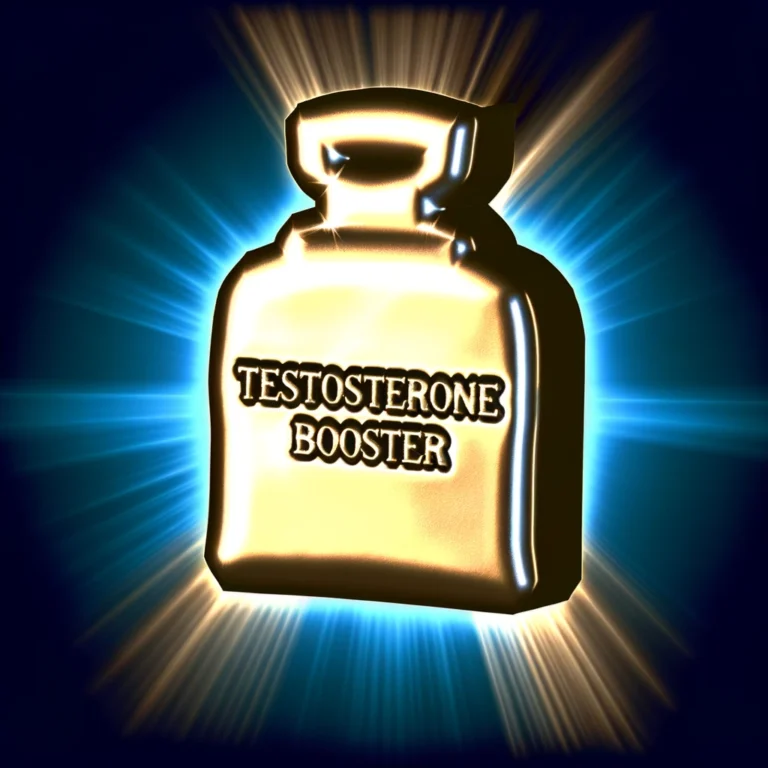How Long Does It Take For Peptides to Work? Onset Time Analysis

As therapeutic compounds that precisely target receptors related to healing, muscle growth, cognition and more, peptides have soared in popularity recently for anti-aging, sports performance, and other optimization goals.
With so much promise, one common question regarding peptides is:
How long does it actually take for them to become effective and start working in your body?
The answer is not quite straightforward so in this in-depth guide you’ll discover:
- Key factors impacting peptide onset timelines
- Analysis of research on half-lives for example peptides
- Lifestyle strategies to accelerate effects
- Tracking progress over time with data
Understanding these details will set realistic expectations about when you may start experiencing real benefits.
Let’s start by explaining what exactly influences the time peptides requires to activate…
Key Variables Influencing Peptide Effectiveness Timeline
While some broad effectiveness timelines exist for certain peptide groupings, the reality is onset period can vary significantly person to person based on:
- Specific peptide structure – Complex proteins vs shorter chains
- Injection frequency – Every day shots vs 2x a week
- Individual differences – Receptor density, enzymes levels that break down peptides
- Lifestyle factors – Diet, exercise, stress, etc. all impact
- Dosage balancing – Too much or too little delays effects
With a wide range of influencing elements, some testing is required to discover your ideal timeframe.
But the peptide type itself also greatly influences duration needed so let’s analyze by category…
Onset Timeline by Peptide Category
Research indicates typical windows for onset activation based on peptide types:
| Category | Typical Onset Range |
|---|---|
| GH Peptides (Ipamorelin, GHRPs) | 1-2 Weeks |
| Protein Peptides (BPC-157, TB-500) | 1-4 Weeks |
| Cognitive Peptides (Semax, Selank) | 1-3 Days |
| Gonadotropin Peptides (CJC-1295) | 3-7 Days |
However, while these averages provide loose guidelines, exploring specific examples in detail reveals more precise expectations to set…
BPC-157 Onset Timeframe Analysis
BPC-157 is an extremely popular peptide protein for healing effects via increased VEGF expression.
Users report remastered benefits for injury treatment in as little as 3-7 days.
However, for more systemic improvements related to gut health, immunity, inflammation markers and other areas, clinical evidence points to:
- In one trial studying IBD symptoms, 4 weeks of BPC-157 was needed for full effectiveness
- Muscle growth tests show increased muscle mass by 2 weeks with a plateau around 4 weeks
So while fast injury recovery is possible, allowing 4+ weeks for measurable systemic changes is more realistic.
Ipamorelin Onset Guidelines
As a popular growth hormone secretagogue, ipamorelin stimulates increased pulsatile GH release.
For recognizing benefits like:
- Improved sleep
- Skin and hair regeneration
- Some users report experiencing effects in as little as 3-7 days
However, more prominently, analysis of multiple clinical trials concludes:
- Serum IGF-1 elevation (from increased GH) plateaus for most around the 2-week mark
- Related benefits for metabolism, body composition changes, and inflammation reduction peak around 14-21 days.
- Anti-aging benefits like improved cognition, and libido enhancement plateau around the 3-4 week range
So while some effects emerge quickly, maximum results cycle around 1 month with ongoing benefits over longer periods assuming proper cycling protocol.
Lifestyle Strategies To Shorten Onset Time
Independent of peptide selection, certain lifestyle measures can enhance cell receptor activity and peptide uptake for increased speed of effectiveness.
1) Listen To Your Body
Subtle energy, sleep, digestion, and mood changes provide early feedback on positive shifts.
2) Exercise and Movement Patterns
Light activity signals tissue repair and adaption mechanisms for accelerated change.
3) Stress-Reduction Activities
Meditation, breathwork, sauna, and massage lower cortisol for enhanced receptivity.
4) Nutrient-Dense Whole Food Diet
Vitamins and minerals support pathways peptides trigger.
Small daily actions here extend compounding gains over time
Tracking Changes Over Time with Data
Personal biofeedback measurements objectively demonstrate peptide effectiveness onset:
- Blood panels – Testosterone, IGF-1, inflammation markers, etc.
- Body composition – Measurements via DEXA scans or body tape tests
- Physiological data – Heart rate variability, sleep logs, etc.
Choose metrics specifically relevant to your goals. Analyze the changes.
This quantifies positive (or negative) momentum – establishing clarity on if and when peptides start working for improved decisions.
Takeaway: Variable Yet Predictable If Planned
In closing, “How long for peptides to work?” depends on the class, your biology, and lifestyle optimization.
Yet while timeframes vary, categories such as GH peptides and protein chains have predictable milestones that research and blood testing confirm.
Strategically tracking progress makes onset expectations clear so you can accelerate the peptide journey.





